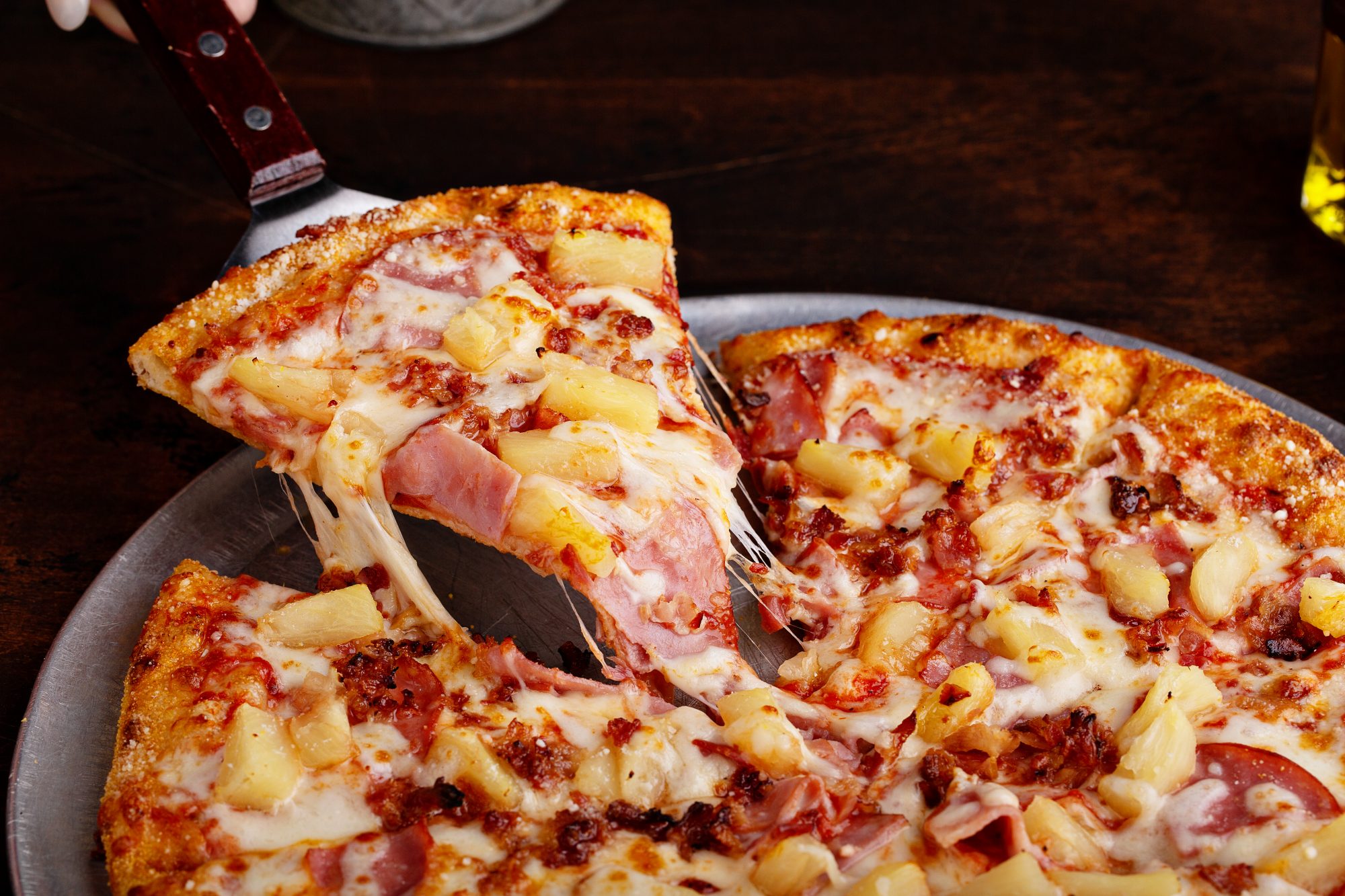How does eating a high-fat diet during pregnancy or in early life affect your health? Researchers tested on rat offspring to study how diet impacts future preferences
Researchers from Tokyo Medical and Dental University (TMDU) have explored this very question, and the findings are fascinating.
Why should high-fat diets always be avoided?
It is common knowledge that eating healthy is vital during pregnancy and that a high-fat diet can severely affect our health.
High-fat diets can result in:
- Obesity
- Diabetes
- Chronic liver disease
- Cancer

Investigating the effect of a high-fat diet on rats
The researchers used a rat model to learn more about how a mother and newborn’s exposure to a high-fat diet dictates taste preferences later on.
Pregnant and lactating rat females were fed a high-fat diet. A control group was fed a standard diet. After weaning, each rat newborn was given the same diet. Offspring from mothers fed a high-fat diet during pregnancy, and those fed a standard diet continued receiving a high-fat diet and a standard diet, respectively.
‘It is well established that taste impacts food intake’
It became apparent that the newborns from the high-fat diet groups were gaining more weight and consuming more energy than their standard diet counterparts.
“We wondered if the different diets had affected the taste preferences of the rats,” explains Takashi Ono, senior author. “It is well established that taste impacts food intake. If something tastes good, the brain reward circuits are activated, and you will likely eat more of it.”
The ‘two-bottle’ challenge investigated the results of a high-fat diet on rat offspring
Using a ‘two-bottle challenge’, researchers tested the animal’s preference for five basic tastes:
- Bitter
- Sour
- Salty
- Sweet
- Umami
Essentially, two bottles – one containing water and the other one water with taste – were placed in the rat cage so they could choose
It turned out that the young rats exposed to a high-fat diet during gestation and early life preferred salty water and no specific preference for other tastes.
What mechanisms cause this taste for salty food?
“The protein and gene expression of AT1 increased in the taste buds of female offspring exposed to a high-fat diet. This happened as early as three weeks after birth,” lead author of the study Saranya Serirukchutarungsee concludes.
“AT1 is known to be associated with a preference for salty taste and evidence suggests that it is likely that AT1 affects the salty taste preference by increasing sodium intake in taste bud cells.”
By studying taste preferences, scientists will better understand obesity risks. It is this kind of research which provides a crucial step in combatting obesity and other diseases linked to diet.d











